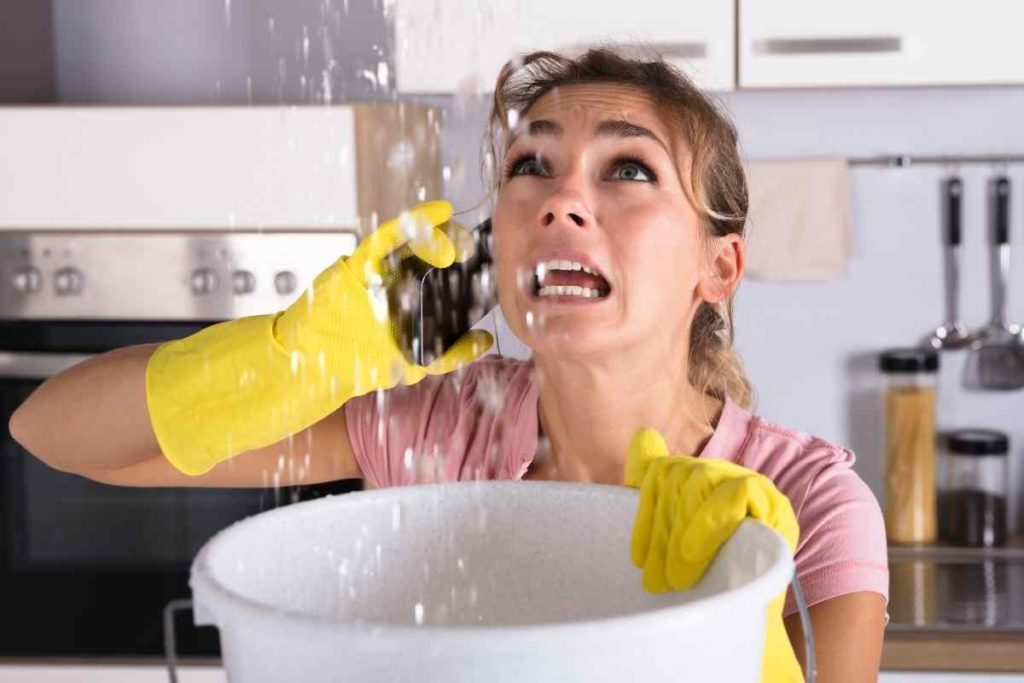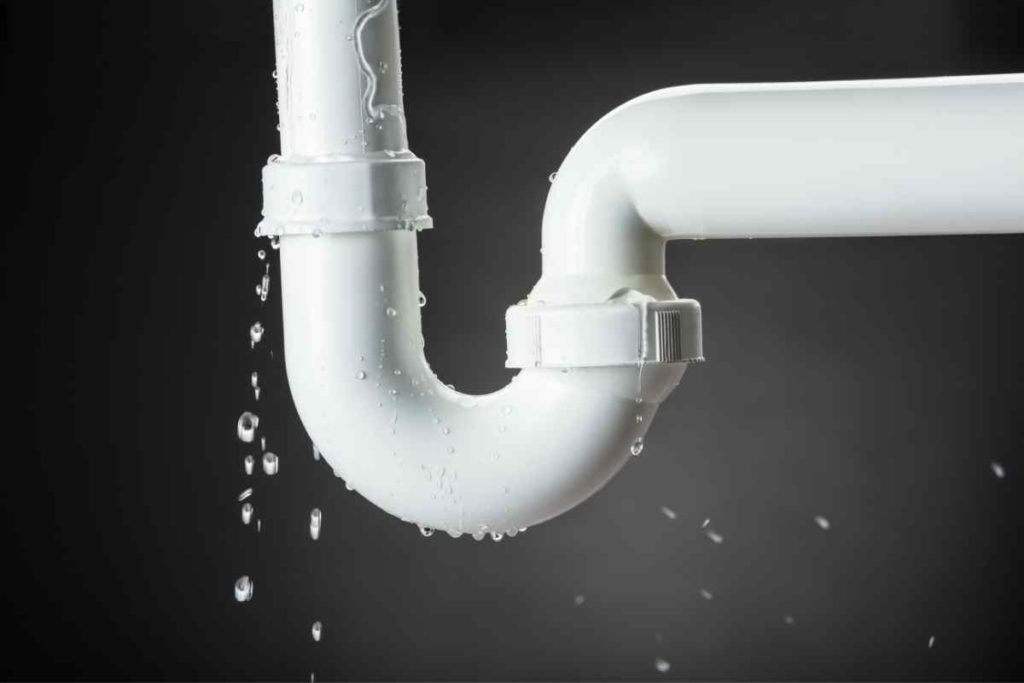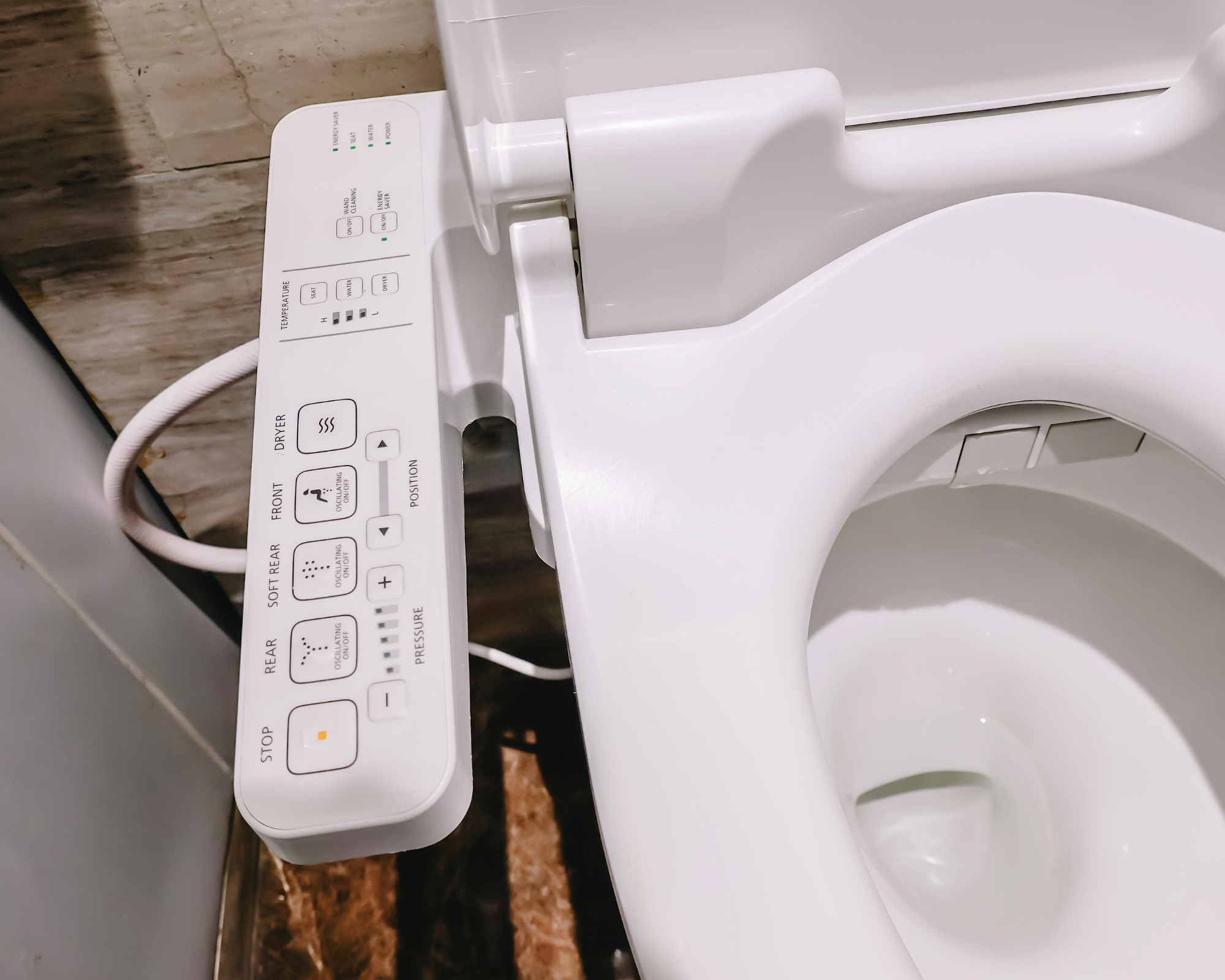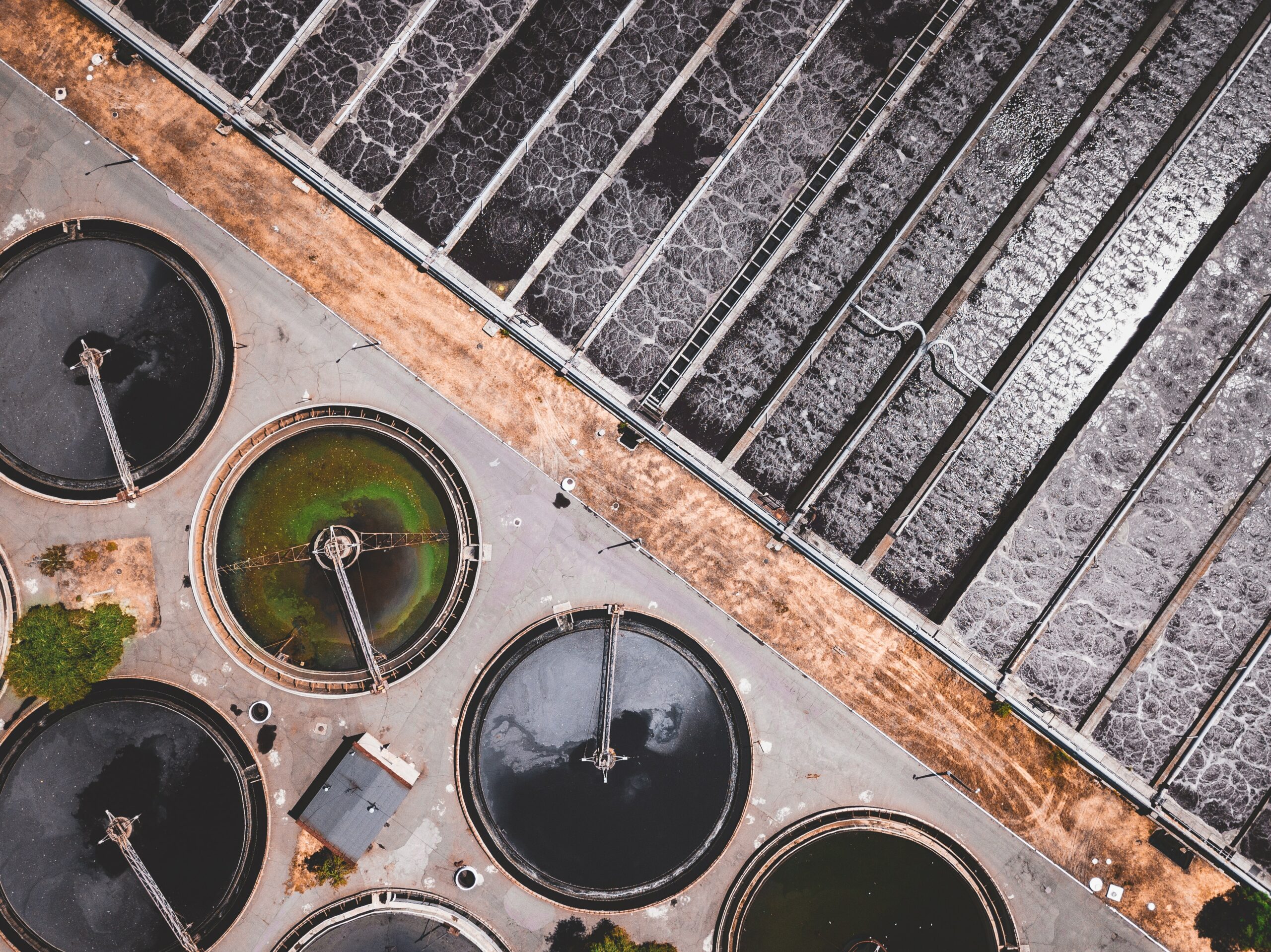When is gradual damage caused by a water leak covered by insurance? And why is it important not to ignore that leaky pipe…

As you know, insurance is all about covering accidental or unforeseen damage or loss. Accidental damage or loss are covered by insurance because they were not meant to happen, they were not done on purpose, and you could not have foreseen them occurring.
Gradual damage or damage that happens over time, regardless of when you discover it, are other kinds of damage that you can avoid. You may have only noticed that hole in the shower floor now, but it does not mean it has just happened. Gradual damage generally takes time to build up and offer a few clues that you should not ignore, such as a squidgy floor or a water bill going up. According to AA Insurance, it is important to remember that sometimes insurance doesn’t cover you if you continue to ignore the signs.

It is important to take immediate action as soon as a leak is identified. Failure to do so, may give cause for the claim to be declined due to the damage escalating from delaying the remedial work. Some of the gradual damage clauses require the damage to have happened while you have been insured with your current insurer and living in the insured home for cover to be effective.
Regular maintenance of the property is advised (and expected) to pick up on gradual problems.
A pipe that suddenly bursts would be covered by most insurance but one that slowly leaks may not be. The only exception is hidden water damage. Many insurers offer limited water damage cover from a leaking internal water or waste disposal pipe that a homeowner could not have been expected to see. However, most policies do not provide cover for the cost of locating the leak.

According to Initio Insurance, insurance is designed to cover the damage that results from the leak (for example wet kitchen cabinets, damage to the wall). However, house insurers will not pay to fix the leaking pipe itself. “The policy provides cover for the resulting damage, but is not designed to fix the faulty source of the damage. The cost to repair the leaking pipe will be your responsibility, but in most cases this cost is low in the greater scheme of the loss.”
But what if you are not living in the home, because it is a rental?
When a tenant discovers a leak, spongy floor, swelling cabinet or musty smell, the landlord can lodge a claim under his comprehensive landlord insurance policy and arranges a plumber to quote the repair costs.
It is therefore important to not only have the right cover, but also maintain your home or investment property. Even though it is part of the conditions of your insurance policy, keeping your property in good condition does save you time and money in the long run.
If you, your tenants, or property manager, notice something broken, a funny smell, the sound of a drip or something unusual like a stain on the ceiling or mould growing, get it sorted quickly before it is too late.
JT’s HANDY TIP:
If a pipe has burst or water is leaking inside or outside your house, turn the water off at the main before you take any further action. The tap that connects your house to the water supply is called a toby. It’s usually found at the boundary of your property – look by the street or on your driveway. Lift the cover and turn the tap off to shut off your water supply until a plumber can fix the problem.
JT Plumbing’s Paul McDonald shows you how it’s done…



